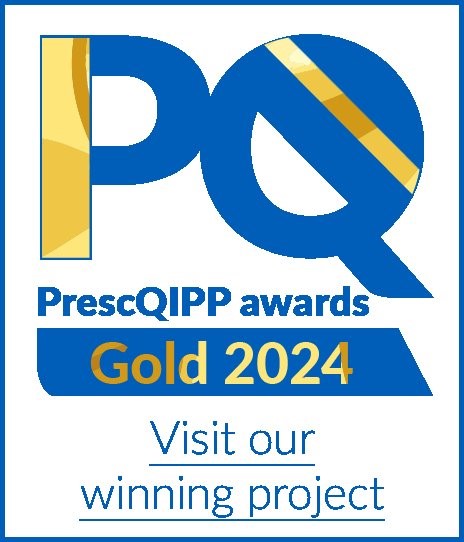The number of households living in fuel poverty has increased in recent years – and there is strong evidence that this exacerbates a wide range of physical and mental conditions.
According to a recent Institute of Health Equity report, cold homes are linked to an increased risk of health conditions, especially respiratory and cardiovascular, as well as poor mental health and unintentional injury.
It is likely that many thousands of unplanned hospitalisations every year are directly linked to cold homes, and the National Institute for Health and Care Excellence (NICE) has said that simple preventative action could prevent as many as 28,000 deaths each year.
Health Innovation North West Coast and Cheshire and Merseyside Integrated Care Board (ICB) formed a partnership to try to mitigate the impact of fuel poverty on vulnerable people.
This partnership led to the development of a toolkit to help teams implement solutions in their areas.
1.54m people across Cheshire and Merseyside have a medical condition that would seriously increase their risk of harm if their home is poorly heated.
490,000 of these are known to live in a fuel poverty ‘hotspot’, defined as being in the top 20% of most fuel poor areas in the country.

About the project
Supported by NHS England’s Innovation for Healthcare Inequalities Programme (InHIP), Cheshire and Merseyside ICB brought together NHS, voluntary and community sector (VCS) and local authority partners to explore new ways of supporting people with respiratory illness who are living in fuel poverty.
Drawing on data which identifies the population cohorts at greatest risk of harm, several small “trailblazer” projects have been established across the ICS footprint. These have involved multidisciplinary teams working together to reach out to high-risk groups with targeted, holistic interventions involving health, care, wellbeing, housing and financial support.
The trailblazers aim to:
- Rapidly identify and engage high-risk patients.
- Reduce the number of exacerbations experienced.
- Improve adherence and effectiveness of inhaler therapies.
- Enable quicker eligibility checks of patients suitable for a remote monitoring pathway.
- Help people to heat their homes through financial support for energy bills and home improvements.
- Improve social and mental wellbeing through onward referral to other services.
Longer term, it is hoped that these interventions will also help to ease pressure on local services by reducing GP appointments, A&E attendances, unplanned hospital admissions and 111/999 calls for respiratory conditions.

Tackling Fuel Poverty toolkit
This toolkit brings together assets developed with the teams across Cheshire and Merseyside to identify, engage and support those at greatest risk.




